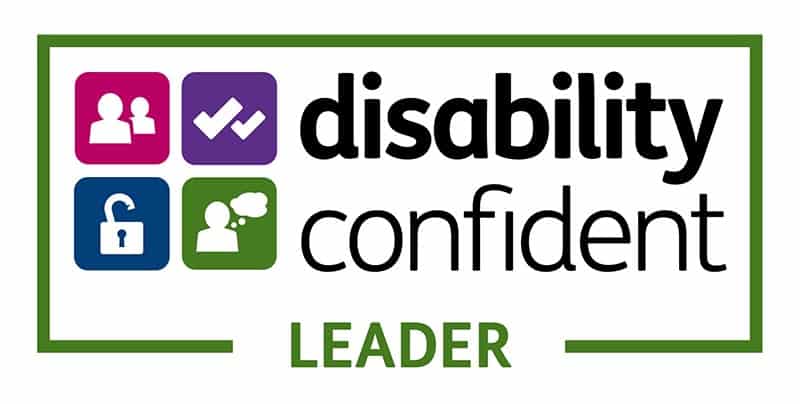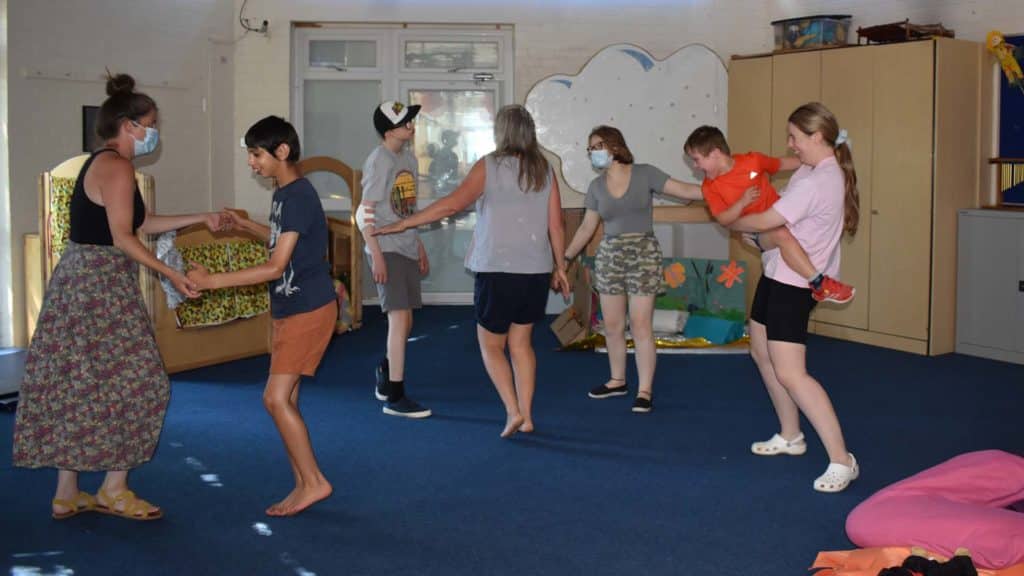
This year we are celebrating 50 years of our Children and Young People’s Befriending service and the incredible impact it has on the lives of Disabled people and volunteers. From its beginnings the service has only grown stronger through the challenges of COVID and continues to be one of the most valued services WECIL offers.
History of Befriending
The service was started in 1972 as part of an organisation called Time2Share by a group of parents who recognised the demands for 1:1 support for their children. Befrienders take the child to do activities that they enjoy centred around their interests, which not only supports socially isolated children but gives their parents and carers the opportunity to take a break from caring responsibilities.
Since then we have been providing a short break and Befriending service to Disabled and SEND children and young people. The service provides 1:1 support for children by linking them with designated volunteer Befrienders and provides these children with opportunities to build their independence and confidence in a personalised setting.
The service has grown and been modernised over the years and WECIL merged with Time2Share in 2019, but the core principle of Befriending has been sustained throughout the decades. The COVID-19 pandemic brought new challenges as face to face activities were stopped, but many of our befrienders responded in new and innovative ways to continue keeping contact with their children including video calls, gaming, sending postcards and socially distanced walks when restrictions eased. In a time of mass isolation, services like this were more important than ever.
Today’s Befriending service
Our Befriending service is still going strong today in its 50th year and continues to have an amazing impact, enhancing the lives of the young people, parents, carers and volunteers involved. The nature of Befriending’s 1:1 support means that it works extremely well for children that a group setting isn’t appropriate for, whether due to social isolation, anxiety or other reasons. With their befriender they can build a trusted relationship and do fun activities, from going to the cinema, park or anything else the child wants to do.
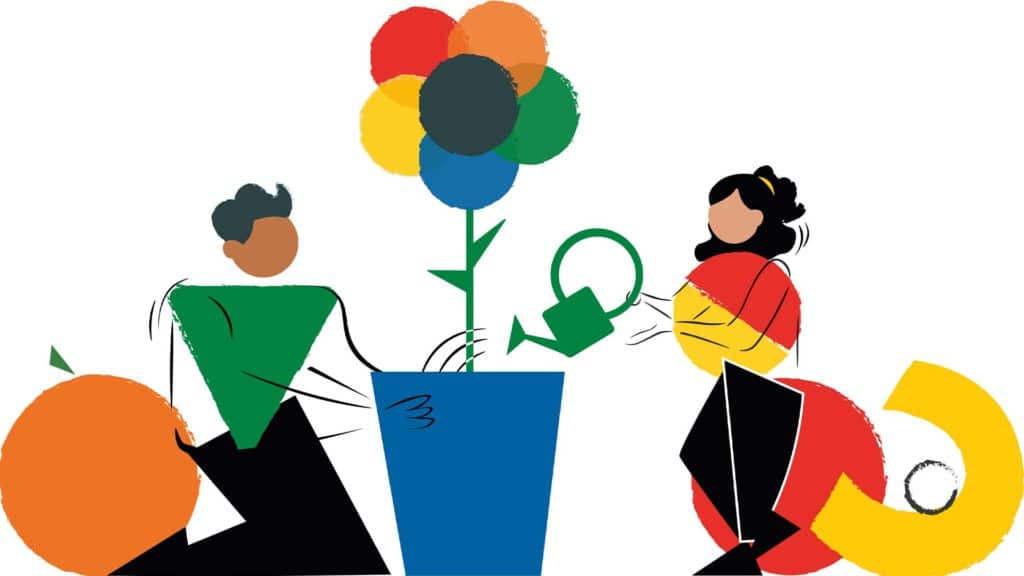
We also do quarterly family meet up sessions where the whole family can come together with their child and other befrienders, giving the young people and volunteers the opportunity to meet and integrate with each other in a safe and supportive setting.
Amy’s story
For 8 year old Amy, the Befriending service has been a brilliant way for her to do new things and give her mother a break from the caring responsibilities of having 4 children. Their mother found it difficult to give her children 1:1 support, but Amy’s befriender Izzy takes Amy out once a fortnight for different outings. They have done a variety of activities together all over Bristol, including visits to the M-Shed, the Aquarium and ice skating. Amy has ADHD, global development delay and speech and communication delay. Izzy has even started taking out Amy with her brother George, aged 10, who also has ADHD and global development delay. Both children have started doing more things that they have previously been anxious and apprehensive about trying, like the Ferris Wheel in Millennium Square. These are really positive behaviour changes that reflect an increase in confidence, willingness to try new things and trust in Izzy.
For Izzy as a volunteer, she said that ’The most interesting and rewarding aspect of Befriending has been seeing life from the children’s perspective, doing things and going places I wouldn’t otherwise go. Building a relationship with the children opens up a whole new area in life and gives me an appreciation of their hopes, things they enjoy, what they find challenging and how to be with them.’
Thank you to our volunteers
We couldn’t run such an impactful service without the help of our brilliant volunteers. Volunteering is a brilliant opportunity to give back to the community, develop a fun and rewarding relationship with a young person, act as a role model and companion for them and gain valuable experience. In fact, many of our befrienders have built such a strong bond with their child that it has outlasted the funded intervention from WECIL. Our befrienders are matched to the young people based on common interests, age and personality and undergo a thorough linking process to ensure the link works well for both child and volunteer.
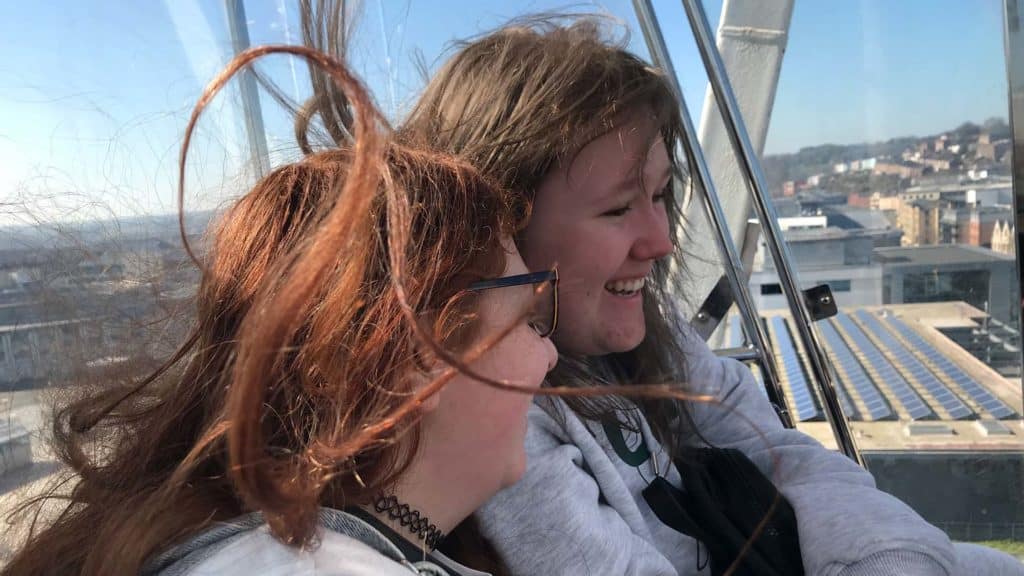
We’re always on the lookout for new volunteers so if you can help then please get in touch! You don’t need to have any experience working with children or Disabled people, as WECIL will fully train you on disability equality, managing children, safeguarding and your role and responsibilities – you just need a positive attitude and ability to commit to 2 hours a week, 4 hours a fortnight or a full day a month. Whilst volunteering all year round helps you build the best relationship with your child, even if you’re a student or can only volunteer your time in school holidays you can still make a difference. You’ll be able to join a community of volunteers, share and connect via our Volunteers Facebook group and go to our volunteer socials too.
The future for Befriending
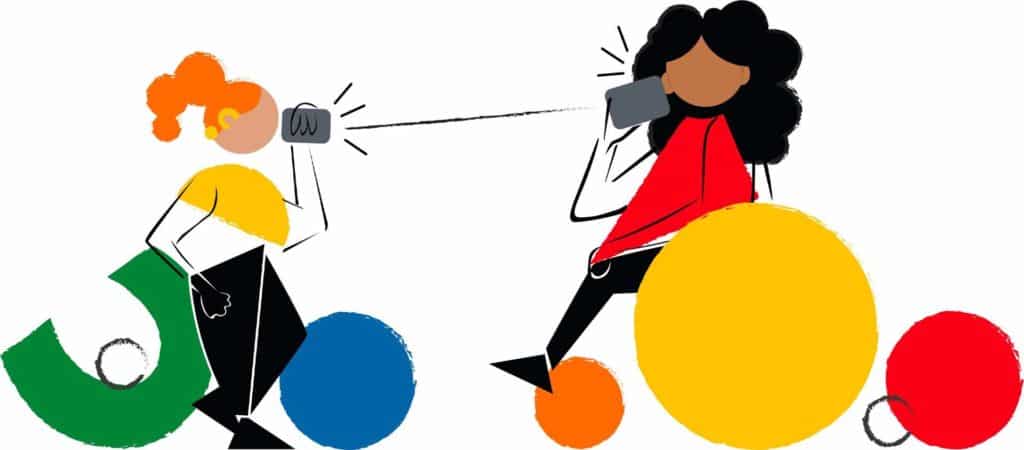
Our Befriending is truly important to WECIL’s mission to support independent living for Disabled people, and the service is in high demand. We will continue running it in Bristol and BANES (Bath and North East Somerset) and plan to extend it into North Somerset and South Gloucestershire to cover our 4 key local authority areas. We know how much of a genuine and lasting impact Befriending has made to families and children over the years, and that impact goes beyond the duration of WECIL’s facilitation of that link. Our Befriending helps young people make friends for life, and we hope to keep the service going for decades to come.
To sign up to volunteer please visit our Volunteering page, or to find out more about funding this invaluable service then please get in touch.



